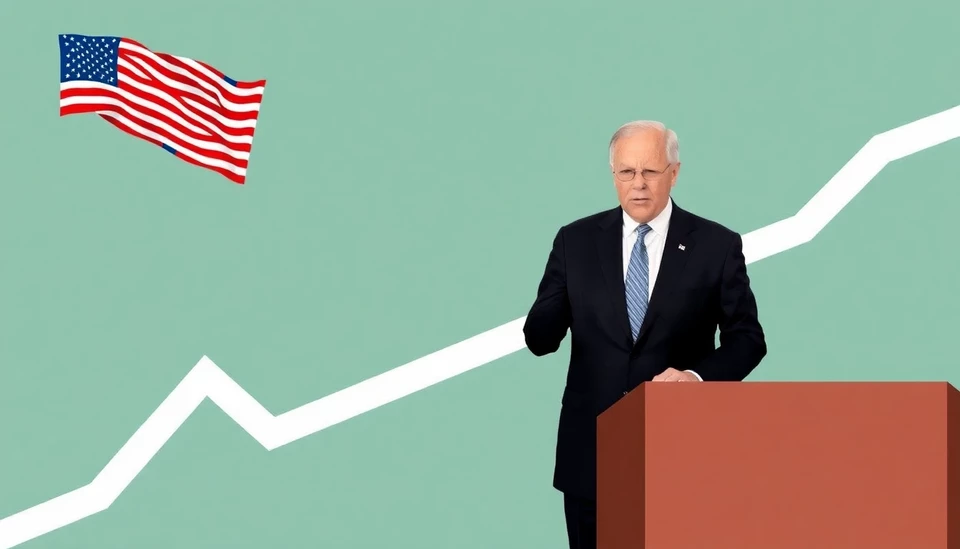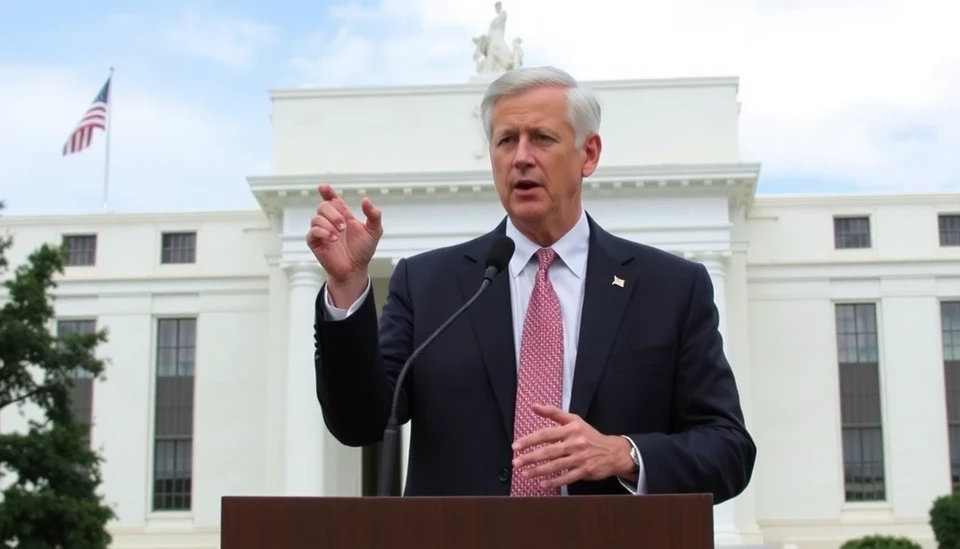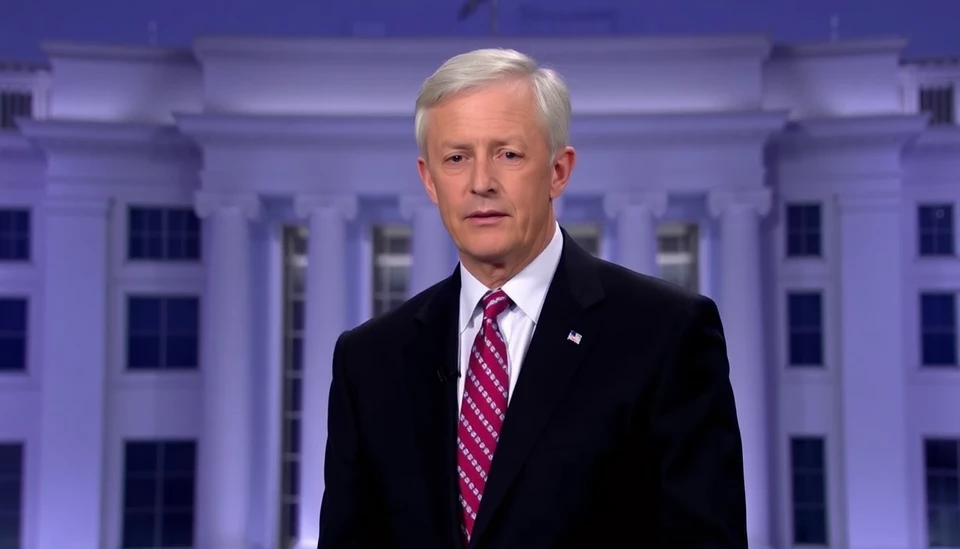
In a recent discussion, John Williams, the President of the Federal Reserve Bank of New York, shared his insights regarding the potential impact of tariffs on the American economy. During a speech delivered at a conference, Williams underscored his belief that trade barriers such as tariffs are likely to contribute to rising prices within the United States. This assertion comes amidst ongoing debates regarding the U.S. trade policy and its implications on inflation.
Williams pointed out that while tariffs are intended to protect domestic industries by making foreign goods more expensive, they inadvertently affect consumers and businesses across the nation. The added costs resulting from these tariffs could lead to higher prices for everyday goods. "When you raise tariffs, you raise prices and that can have a direct impact on inflation," Williams stated. His remarks reflect a growing concern among economists that trade conflicts and tariffs may complicate the Fed's efforts to manage inflation effectively.
Specifically, the Fed President noted that businesses often pass on the cost of tariffs to consumers. This could potentially lead to a chain reaction in which consumers may face higher prices for a wide range of products, upping the overall inflation rate. It appears that Williams is advocating for a more balanced approach to trade that considers the potential economic ramifications of imposing tariffs.
Furthermore, he highlighted the importance of understanding the broader economic landscape and the interconnectedness of global supply chains. With many businesses relying on imported components, the cost burden of tariffs could ripple through various sectors, affecting not only consumer prices but also overall economic growth.
Williams’ comments are especially noteworthy as they arrive at a time when the Federal Reserve is grappling with its inflation mandate, striving to stabilize prices while fostering maximum employment. As policymakers consider their next steps, the impact of international trade policies will undoubtedly play a crucial role in their decision-making processes. The President of the Federal Reserve Bank of New York seems to be leaning towards caution regarding tariffs, suggesting that they could hinder the economic recovery observed in the post-pandemic era.
In conclusion, while tariffs may be viewed by some as necessary for protecting U.S. industries, Williams’ insights suggest a more complex picture. Policymakers must weigh the immediate benefits against potential long-term consequences that could manifest in the form of higher prices, thereby impacting American consumers directly.
As these discussions continue, the future of U.S. trade relations remains uncertain, with ongoing debates about balancing national interests against the realities of a global economy.
#FederalReserve #Tariffs #Inflation #Economy #TradePolicy #JohnWilliams
Author: Rachel Greene




